ISLAMABAD, July 17: The government has put a freeze on the natural gas prices for power and industrial sector for a period of three years.
Dr Matin Thobani, adviser to the Privatisation Commission told the National Electric Power Regulatory Authority (Nepra) on Wednesday this would result in the stabilization of power tariffs as well.
He later told a group of journalists that the step was a part of gas tariff rationalisation programme under which heavy subsidies to domestic gas consumers would be eliminated. The government has already announced that gas tariff for domestic consumers would increase up to 140 per cent in three years.
He said the federal cabinet was requested on Feb 20 to reduce gas tariff for power and industrial sector because it was too high. However, no decision was taken considering that it would send a negative signal to the general public that the government was promoting the industrialist class and burdening the common consumers.
Finally, the cabinet decided that instead of reduction, the tariff should be frozen for three years for the power and industrial sector till such a time the cross-subsidies would stand eliminated, he said.
Amid a walk-out by the mediamen for not providing a chance to the general public to express their views, Nepra on Wednesday concluded public hearing in KESC’s tariff petition.
The power utility that is seeking 16 per cent upfront increase in tariff coupled with inflation-cum-investment based ten-year tariff formula was very candid in saying that it would shut down its plants if locus standi for its tariff petition without having a distribution licence was agitated.
“We can shut down our plants immediately and first of all we would shut down ICI’s plant which is very close to us,” KESC’s General Manager (finance) Abdul Rauf Yousuf said.
He was being quizzed by the lawyer of Overseas Chamber of Commerce and Industry (OCCI) and Pakistan PTA Limited, Barrister Khaleeq-uz-Zaman, on the ground that KESC did not have a distribution licence and hence could not approach Nepra for tariff raise.
Rauf said the KESC had planned to install 54,000 meters outside the consumers premises during the current fiscal year as a part of its loss-reduction programme.
Before the concluding session, the mediamen requested Nepra to allocate sometime to the general public to ask questions and place on record hardships being faced by the common consumers who could not become interveners because of fee factor.
Nepra’s vice-chairman and member Sindh replied that it was the closing session and hence time could not be allocated to the general public. He said the general public did not appear on Tuesday.
The Nepra official was reminded that it was announced on Tuesday that hearing was extended for a day for the general public. However, the Nepra official remained stuck to its position. At this, the mediamen staged a walk out in protest.
The question-answer session was participated only by the Nepra officials, interveners and the petitioner, KESC. None of the government interveners, including representatives of general headquarters, Planning Commission or the Sindh government turned up for cross-questioning.
The KESC financial adviser, Khalid Iqbal, told the regulator that the utility would have to pay another Rs450 million as interest to the commercial banks and investors during the current fiscal year despite the fact that over Rs83 billion of its debt had recently been converted into federal government equity.
To a question from Nepra director (technical) Amir Zia, Khalid Iqbal confirmed the KESC’s line losses had increased from 28 per cent in 1992 to 40 per cent in 2002 despite army induction.
He, however, claimed that losses had dropped significantly but these could not be represented in the current figures of 40 per cent because previously these figures were being misreported.
Barrister Khaleeq-uz-Zaman informed the meeting that the new concept of 10-year tariff formula was implemented only in Argentina which resulted in hyper-inflation and economic crisis there. Khaleeq, who had been associated with a number of IPPs in the past, warned that the multi-year tariff formula would lead to a crisis.















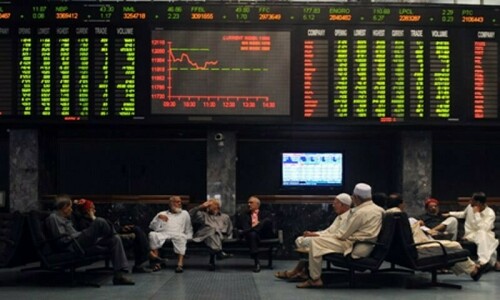












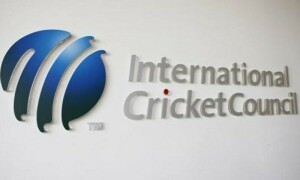

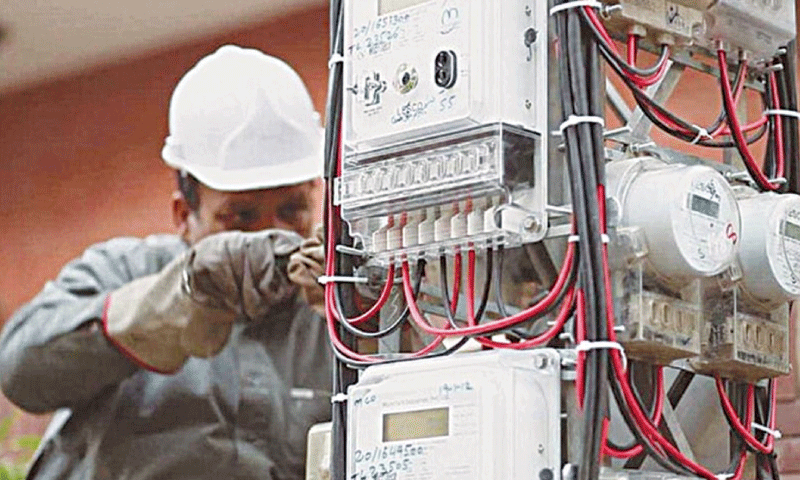




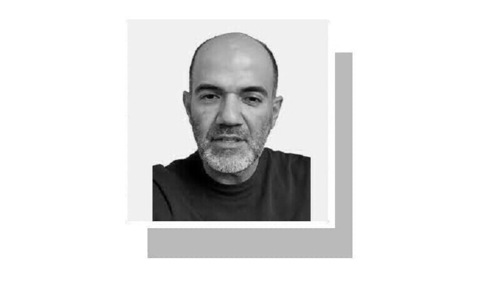




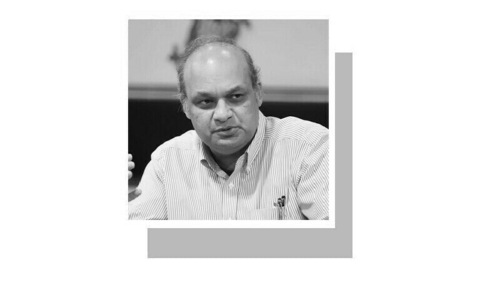
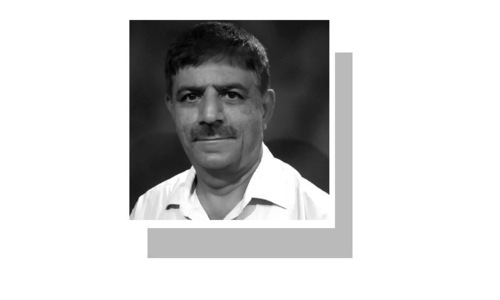


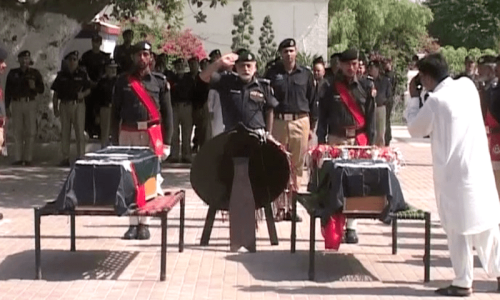

Dear visitor, the comments section is undergoing an overhaul and will return soon.